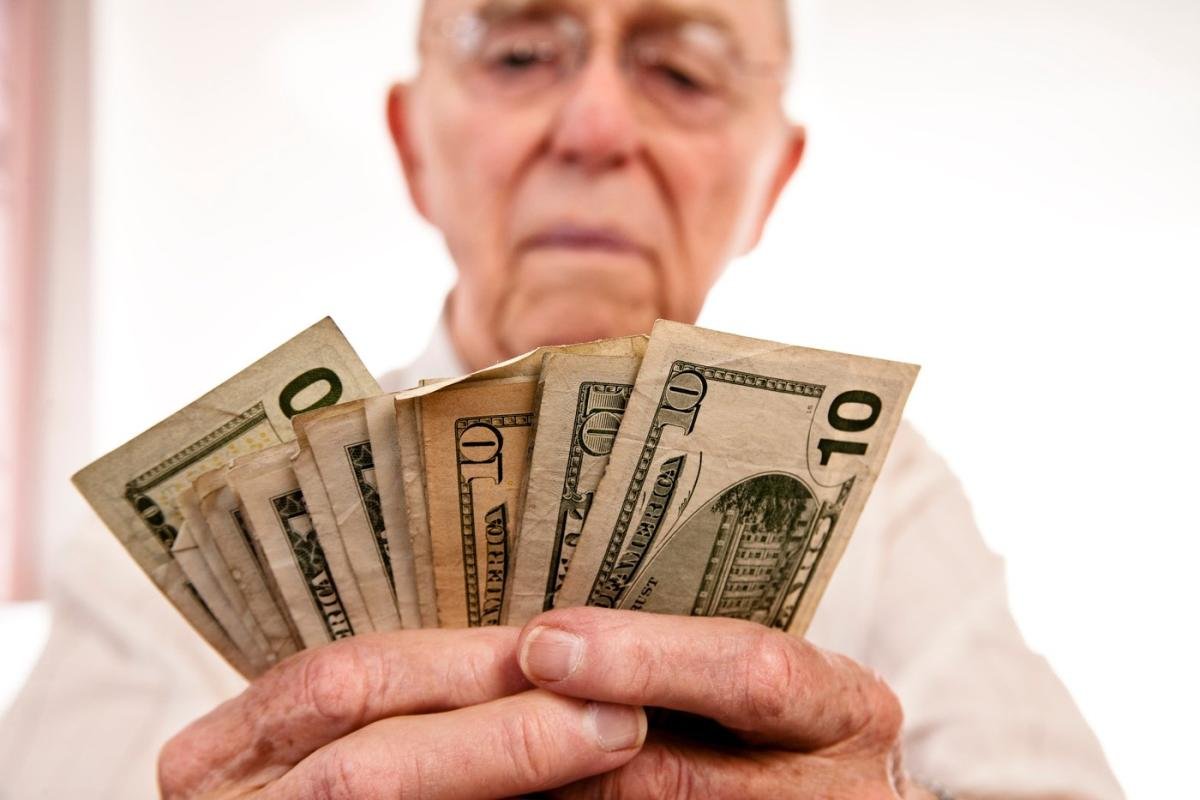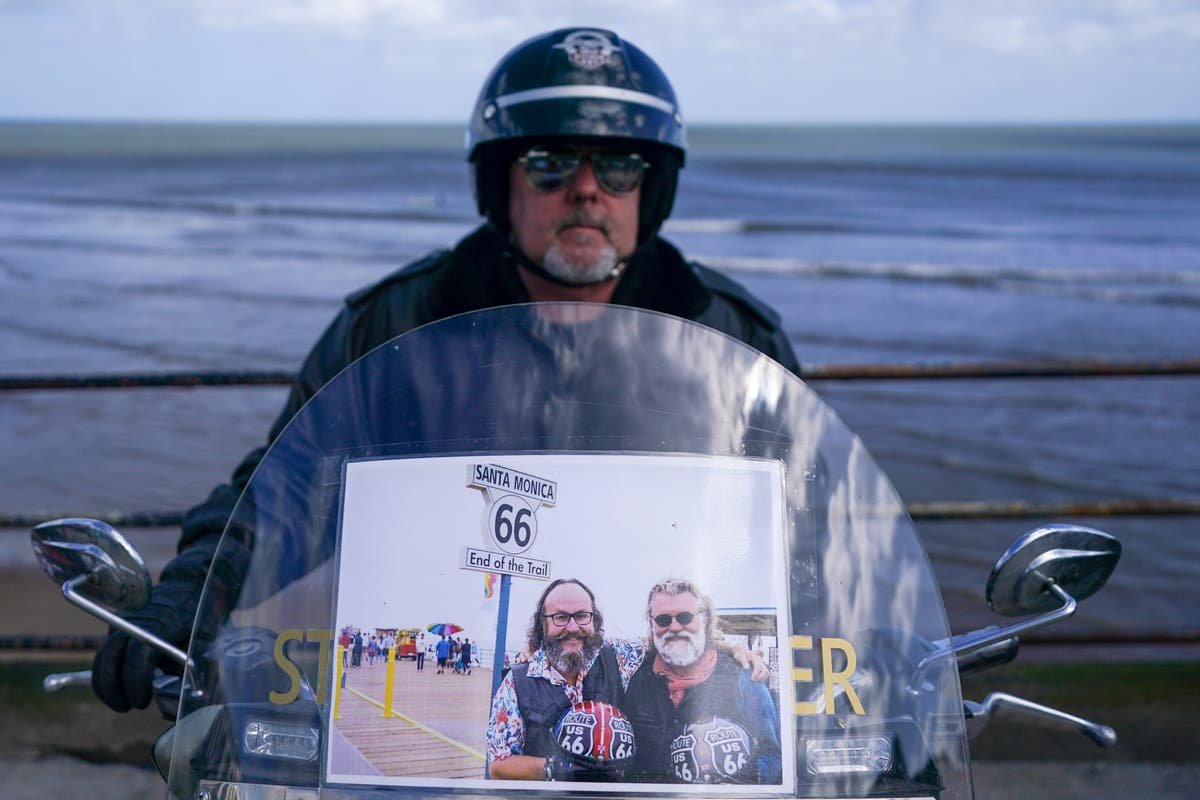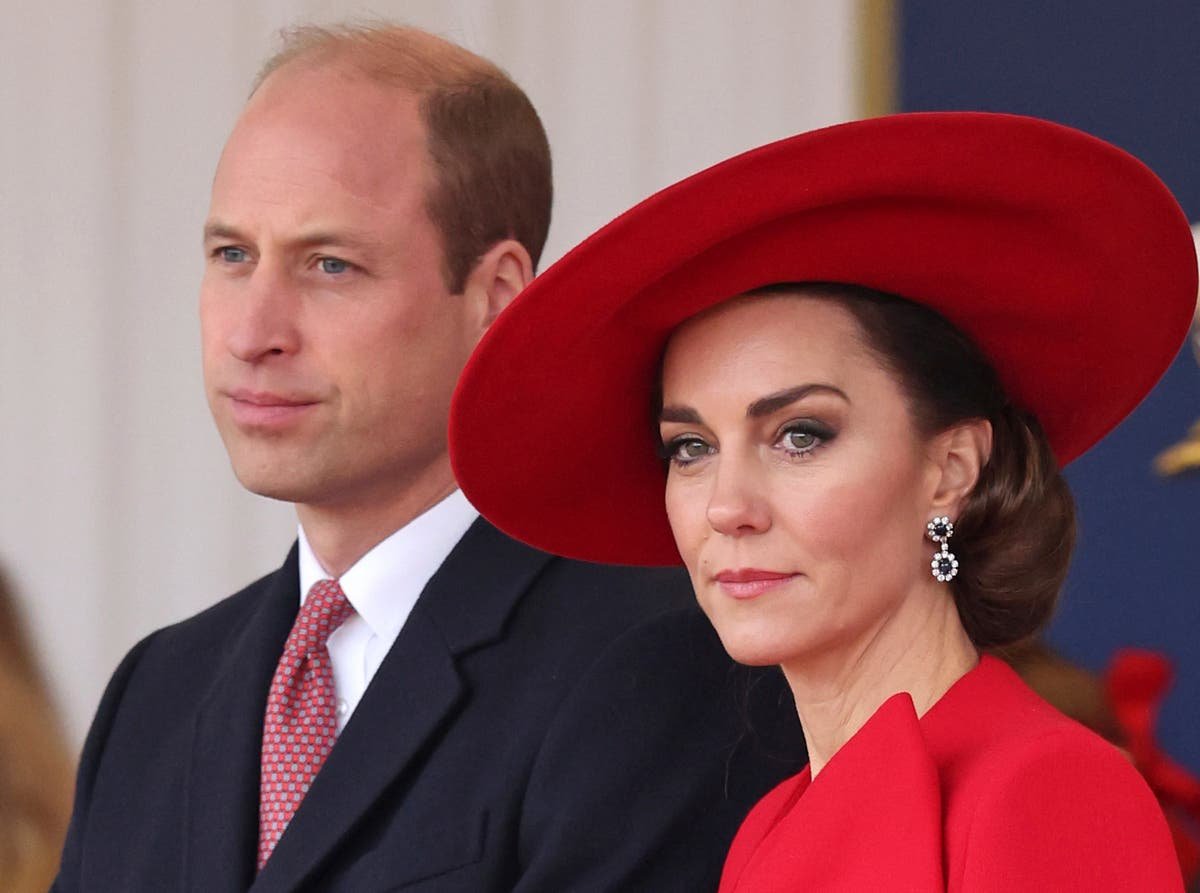There are very few moments of history that are scheduled. Usually, they arrive with the sound of a gunshot in Sarajevo, or a stifled cough in the Wuhan wet market, but little warning. Elections, however, are that rarest of things: history arriving right on time, and just when we’re expecting it.
This is a fact that captivates newspaper journalists, radio commentators, and, more than anyone, television broadcasters. Election nights are, at their heart, a televisual event, offering up a viewing marathon for Haribo-chomping political nerds. But the moment when the exit poll is released – as polls close at 10pm – is also a chance for broadcasters to stamp their ownership on a moment of change. And it is a moment that has, generally, belonged to our public broadcaster, the BBC.
The job of announcing the exit poll on the BBC belonged, for many years, to David Dimbleby, before he handed over to his anointed successor, Huw Edwards, in 2019. But Edwards has had a tricky couple of years, and in his stead the BBC brought in Clive Myrie – a veteran news presenter, who also took over the Mastermind hot seat from John Humphrys – and former political editor Laura Kuenssberg. They made a strange, indecisive combo: Myrie is an adequate, if not especially nimble, emcee, whereas Kuenssberg has come to represent much of the BBC’s struggles with impartiality. Their Mad Libs version of the announcement – alternating sentences as they ran through the projection – had nothing of Dimbleby or Edwards’ gravitas.
Follow live coverage of the general election here.

But they were not alone in their struggles. ITV, whose coverage was the most middling and unambitious of all the broadcasters, had Tom Bradby, their anchor, offscreen for the announcement. “Look at the faces of some of our guests,” Emily Maitlis declared on Channel 4 at 10.01, her gaze falling on Nadine Dorries, who looked like she’d just trodden in dog poo. On the other hand, the Sky News roster – Kay Burley, Beth Rigby et al – could muster only a series of strangulated, almost orgasmic, grunts when the numbers appeared onscreen.
It is a marker of the way that political podcasts have grown in influence over the past few years that the most consistent throughline, across the channels, was drawing from that medium. ITV invited the Political Currency duo of Ed Balls and George Osborne to recreate their gently adversarial dynamic in the studio, while Sky had Ruth Davidson join Rigby – her co-host on Electoral Dysfunction – for the exit poll announcement. On the BBC, Adam Fleming led a live Newscast audience over at the BBC’s Radio Theatre, but nowhere was it more apparent than over on Channel 4, where the record-breaking Rest is Politics duo of Alastair Campbell and Rory Stewart spent the whole night playing the role of Statler and Waldorf.
Channel 4’s coverage, seductively titled Britain Decides, had an element of circus that none of the other broadcasters matched. The night opened with Dorries (and, to a lesser extent, Kwasi Kwarteng) being interrogated by Maitlis and Campbell. The row culminated in Dorries accusing Campbell of being the “author of the sexed-up dossier” while she, herself, was heckled by Carol Vorderman from the kids’ table on the other side of the studio. Meanwhile, mathematician Hannah Fry was, for some reason, roped in to conduct interviews with the studio audience. It had an air of intentional chaos: where the BBC’s guests were booked for their ability to elucidate the momentous figures, Channel 4’s bookings were largely for entertainment purposes.
But this, at least, offered a slight variation on the relatively stagnant parade of grandees across the broadcasters. With less focus on cutting to the counts and offering lengthy post-hoc exonerations to Tory also-rans, the lens remained on the increasingly shattered studio panel. Alongside Maitlis and co-host Krishnan Guru-Murthy – and the dadcasters-in-chief – they wisely kept experienced heads like Harriet Harman and Nadhim Zahawi on for gargantuan, multi-hour stretches.
In contrast to the caffeine-soaked, bleary eyed arguments on Channel 4, the BBC’s coverage, as ever, resembled Gillette Soccer Saturday. Roving reporters – everyone from Victoria Derbyshire and Katie Razzall to Ros Atkins and James Cook – were dispatched to local counts. The night opened with Naga Munchetty (in Blyth) and Sally Nugent (in Sunderland) engaged in a confected battle to cover the first announcement (Nugent won, defying the odds). This approach, of foregrounding the central feed coming out of the individual counts, runs the risk of going stale like the overnight donuts, but captures the true human drama of election night.
The two party leaders appeared in contrasting counts, at opposite ends of both the night and the emotional spectrum. Starmer, barely able to suppress his grin, stood in front of a caped candidate, Nick the Incredible Flying Brick, and giant Elmo, while Sunak, looking like the inside of a collapsing star, soberly accepted defeat, whilst Count Binface and a gaggle of YouTubers whooped and hollered in the background. It is a part of British elections that is visually unique (where else could you see a man like Jacob Rees-Mogg defenestrated, standing beside someone wearing a baked bean balaclava?) and the heart of election-night TV.

Watch Apple TV+ free for 7 days
New subscribers only. £8.99/mo. after free trial. Plan auto-renews until cancelled

Watch Apple TV+ free for 7 days
New subscribers only. £8.99/mo. after free trial. Plan auto-renews until cancelled
At times, election night broadcasting feels like an obligation. Overnight audiences, spread across the BBC, ITV, Channel 4 and Sky, will be vanishingly small. Eventually, financial good sense may prevail, and the private sector channels will concede the night to our monolithic public broadcaster. But, for now, everyone wants to write their draft of history, to capture that moment of epochal change. The result, this time, was a quartet of exhausting, patience-testing but oddly moving testaments to the great exercise of democracy.












